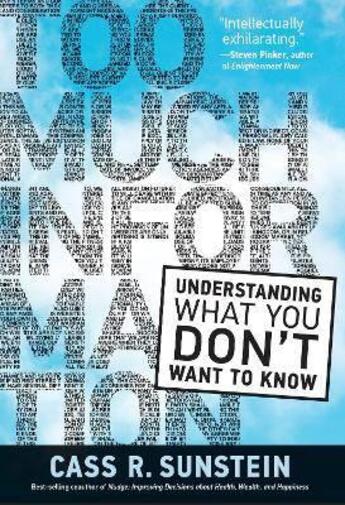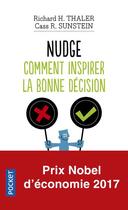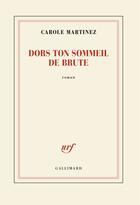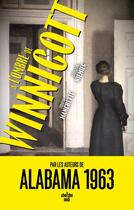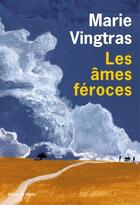-
Date de parution : 01/09/2020
-
Editeur :
Mit Press
-
EAN : 9780262044165
-
Série :
(-)
-
Support :
Papier
-
Nombre de pages : 252
-
Collection :
(-)
-
Genre :
Santé
-
Thème :
Santé
-
Prix littéraire(s) :
(-)
Résumé:
How information can make us happy or miserable, and why we sometimes avoid it and sometimes seek it out. How much information is too much? Do we need to know how many calories are in the giant vat of popcorn that we bought on our way into the movie theater? Do we want to know if we are... Voir plus
How information can make us happy or miserable, and why we sometimes avoid it and sometimes seek it out. How much information is too much? Do we need to know how many calories are in the giant vat of popcorn that we bought on our way into the movie theater? Do we want to know if we are genetically predisposed to a certain disease? Can we do anything useful with next week''s weather forecast for Paris if we are not in Paris? In Too Much Information , Cass Sunstein examines the effects of information on our lives. Policymakers emphasize "the right to know," but Sunstein takes a different perspective, arguing that the focus should be on human well-being and what information contributes to it. Government should require companies, employers, hospitals, and others to disclose information not because of a general "right to know" but when the information in question would significantly improve people''s lives. Sunstein argues that the information on warnings and mandatory labels is often confusing or irrelevant, yielding no benefit. He finds that people avoid information if they think it will make them sad (and seek information they think will make them happy). Our information avoidance and information seeking is notably heterogeneous--some of us do want to know the popcorn calorie count, others do not. Of course, says Sunstein, we are better off with stop signs, warnings on prescriptions drugs, and reminders about payment due dates. But sometimes less is more. What we need is more clarity about what information is actually doing or achieving.
Donner votre avis



